5 reasons to check your credit report regularly
Checking your credit report regularly plays an important role in maintaining a good credit score.
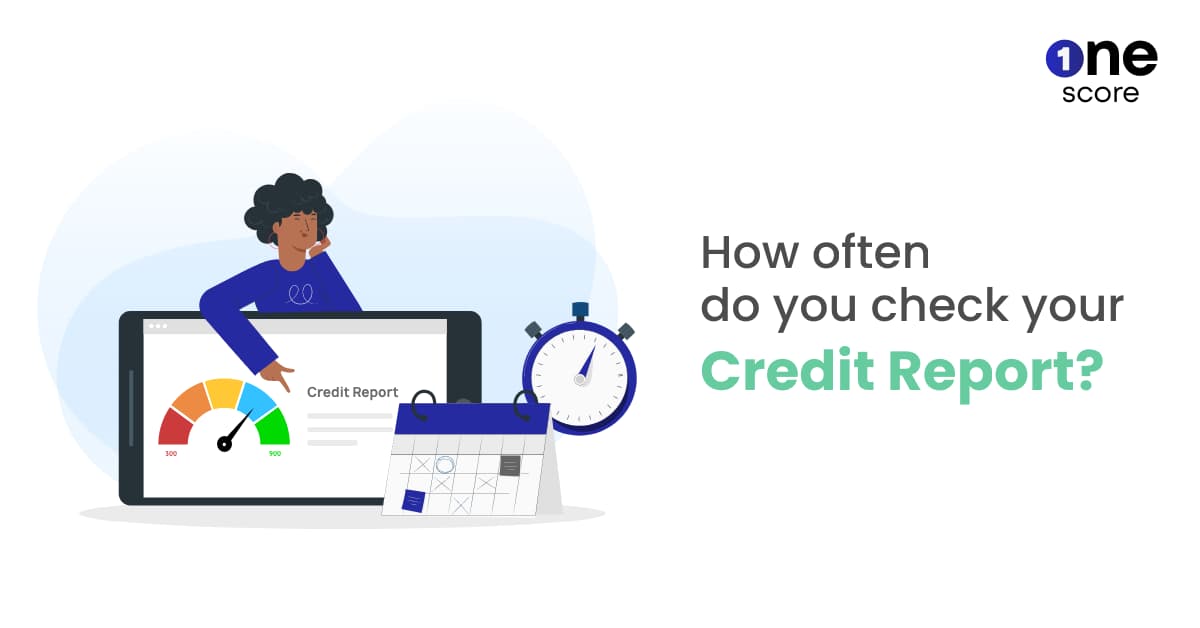
Do you remember the last time you checked your credit score or credit report?
Possibly, you don’t. Or maybe it was when you last applied for a loan or a credit card.😉
Credit scores range from 300 to 900. A good credit score (generally considered to be above 750) not only increases your chances of getting a loan or credit card but may help in getting a lower interest rate too.
India has four credit bureaus - CIBIL, Experian, Equifax, and CRIF High Mark. As all of them use their proprietary algorithms and credit scoring models, you should know that your credit score will vary across bureaus and the difference in scores could even be in the 50-100 point range.
You can also get one free credit report from each bureau in a calendar year - but is this enough? Given the pace at which things change nowadays, we would recommend that you should check your credit report regularly - even every month if possible.
Reasons to check your credit report regularly
1. Stay Updated On Your Creditworthiness
Having a good credit score is one thing. Maintaining it is another aspect altogether.
If you are applying for a loan or a credit card, among the first thing lenders do is to check your credit score to determine your creditworthiness. Recently, many employers in the financial sector have started using creditworthiness as a parameter in their recruitment process.
Checking your credit report every month helps you stay updated on your credit status, current balances, payment history, and also shows you credit information that a potential lender can see.
2. Identify Errors
While applying for a loan or credit card or even later, the bank or financial institution shares your personal information with the credit bureau, along with details of the credit product.
If there is an error in the information provided by the bank, this can harm your credit score - it could be a spelling error in your name or a wrongly reported payment default or even a loan/credit card which you never applied for! 😱
Staying up-to-date with your credit report each month helps in alerting you to such errors faster, and you can raise a dispute with the bureau and/or financial institution to get these mistakes corrected.
3. Make Informed Decisions When Applying For New Credit
When you apply for a loan or credit card, a lender will fetch your credit score and credit report from the bureau. This is known as a hard inquiry and affects your credit score on each such occasion.
If you usually check your credit report each month, you will be able to make a more informed decision and can work on first improving your credit score, and then applying for a new credit product.
4. Helps to Avoid Identity Theft
Identity theft happens when an imposter deliberately misuses your Personally Identifiable Information (PII) to conduct any financial transactions or get financial benefits in your name.
While giving copies of any such documents (proof of ID/address, income documents, etc), always indicate who/what they are meant for during self-attestation, and ensure they are handed over only to authorised personnel. This would prevent misuse to some extent.
Reviewing your credit report every month will flag any unexplained hard inquiries or loans/credit cards that are fraudulently obtained in your name by stealing your identity. These can be immediately highlighted to the bureau, financial institution, and the authorities for corrective action.
5. Keeps credit utilisation ratio under control
Have a credit card, will spend - that is the mantra many like to follow - after all, why not enjoy that credit limit to its fullest, right?
Unfortunately for you, potential lenders don’t think so. To them, a high credit utilisation ratio (say, above 30%) means you thrive on credit and are a credit hungry customer, which is a concern for any future approvals.
While one option could be to request for a credit limit enhancement, reviewing this ratio every month in your credit report and keeping it low will be much more effective.
Bonus Tip:
Did you know that fetching your own credit report does not affect your credit score? That’s right - unlike an inquiry from lenders, fetching your own credit report is counted as a “soft inquiry”, regardless of how often it is fetched from the bureau.
Be smart. Get your credit report every month from the OneScore app along with tips on improving your credit score.
OneScore helps you keep a check on your credit utilisation, maintain a balanced credit mix, and also alerts you in case of any changes in your credit score and credit report.
The best part? It’s FREE, and we don’t spam you with ads or marketing calls!
**Disclaimer: The information provided on this webpage does not, and is not intended to, constitute any kind of advice; instead, all the information available here is for general informational purposes only. FPL Consumer Services Private Limited and the author shall not be responsible for any direct/indirect/damages/loss incurred by the reader in making any decision based on the contents and information. Please consult your advisor before making any decision.
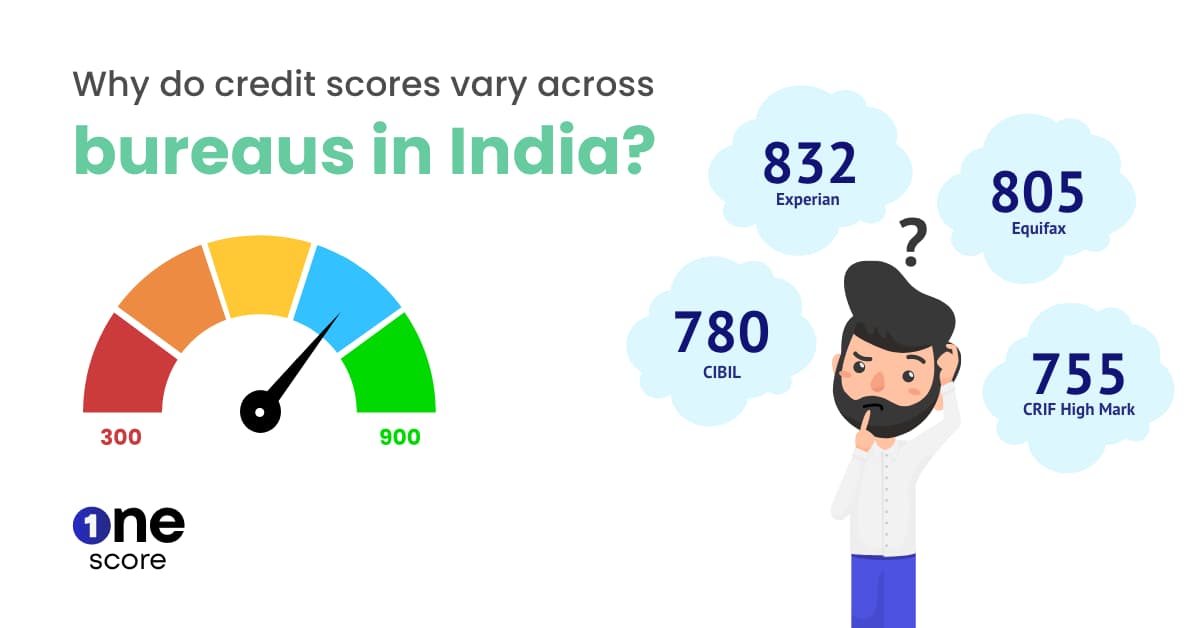
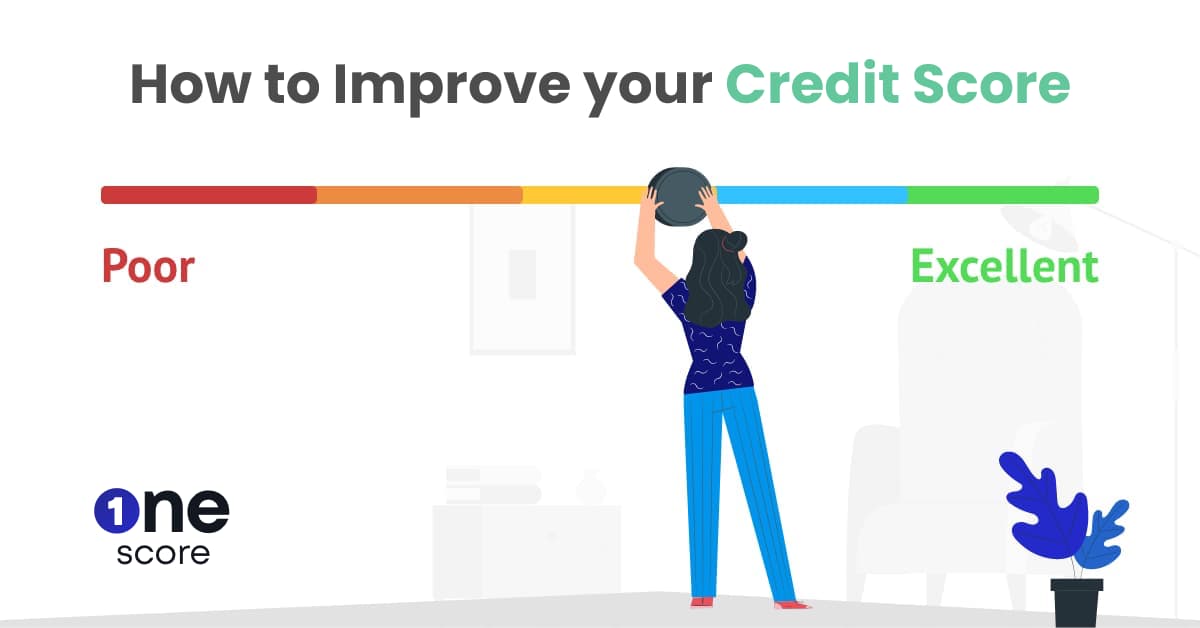

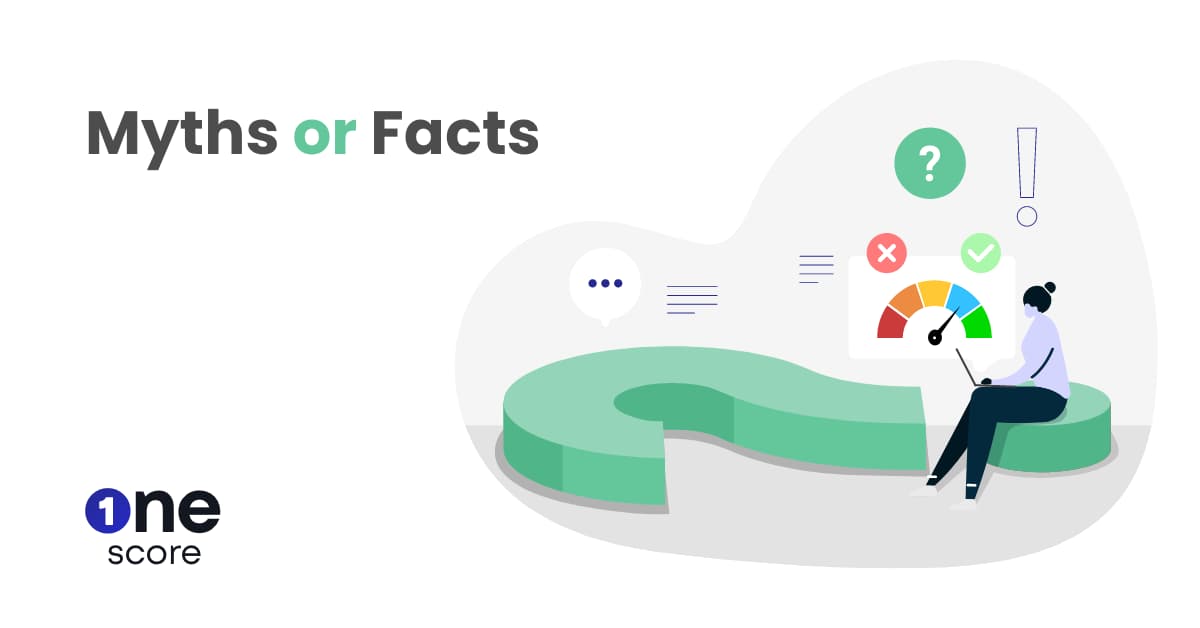
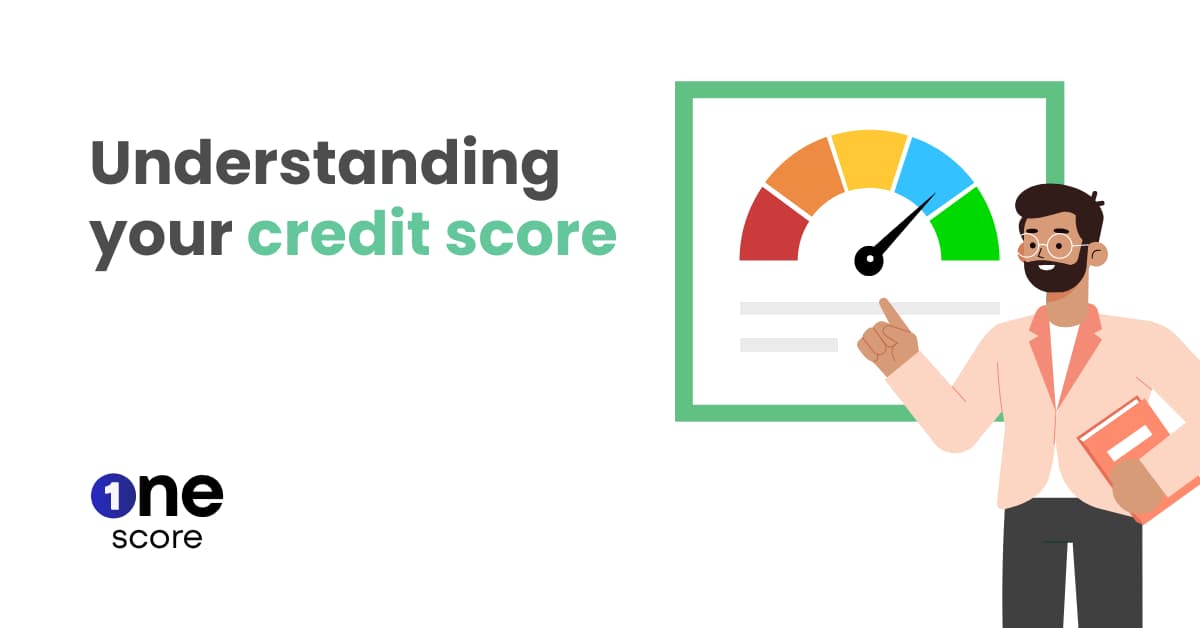
- OneScore , March 11, 2021

